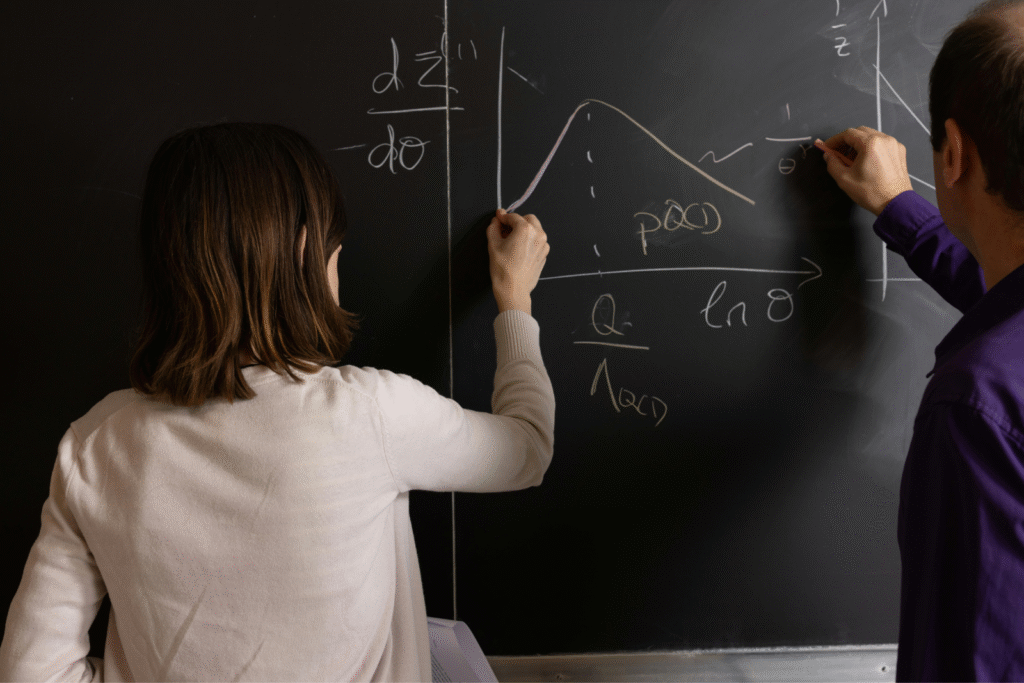
Mathematics is often seen as a subject of logic, numbers, and problem-solving — but did you know that the story of algebra is as rich and thrilling as any historical adventure?
If you’re a young student beginning your journey into the world of maths, understanding where algebra comes from can make the subject more meaningful and even more exciting. Algebra isn’t just about solving equations — it’s about connecting with centuries of human curiosity, ingenuity, and discovery.
Where Did Algebra Come From?
The word algebra itself has Arabic roots. It comes from the title of a famous book written in 820 AD by a Persian mathematician named Al-Khwarizmi, who lived in Baghdad. The book’s English translation is “The Compendious Book on Calculation by Completion and Balancing.” In Arabic, the word “al-jabr” means restoration or completion — and it referred to a specific mathematical operation used in equations.
This book is not just a dusty old manuscript — it’s a cornerstone of the modern algebra you study today. Al-Khwarizmi didn’t just solve problems; he helped shape how we understand equations and introduced the idea of balancing both sides, which is now fundamental in algebra.
Even Older Than You Think…
But the journey of algebra didn’t begin with Al-Khwarizmi. It stretches back even further — about 4,000 years ago, to ancient Babylon. There, on stone tablets, early mathematicians started exploring what we now recognise as algebraic concepts. They didn’t use the symbols or letters we use today, but their work laid the groundwork for later discoveries.
Other Algebra Pioneers
Fast forward to 300 AD, and we meet Diophantus of Alexandria — a Greek mathematician often called the “Father of Algebra” by many Western historians. While his work focused more on solving specific problems, his influence was huge.
Around 600 AD, the Indian mathematician Brahmagupta made further contributions. He explored rules for arithmetic involving zero and negative numbers — ideas we now use every day.
And then came Al-Khwarizmi, who turned algebra into an abstract subject — one where we solve not just numbers but relationships, structures, and patterns.
Why Does This Matter to You?
Knowing this history isn’t just about memorising names and dates. It’s about seeing yourself as part of something greater — a global story of human progress. Algebra has travelled from ancient Babylon to India, Greece, Persia, and now into your own classroom. And you are the next chapter.
Each time you solve for x, balance an equation, or discover a pattern, you’re walking in the footsteps of brilliant minds who changed the world.
Let Algebra Empower You
Algebra trains your mind to think logically, to explore possibilities, and to approach problems with confidence. It builds skills that go far beyond the classroom — skills used by engineers, doctors, scientists, entrepreneurs, and even game designers.
So next time you open your maths textbook or feel stuck on a tricky equation, remember: you are part of a 4,000-year legacy of thinkers and dreamers. Algebra is not just a subject — it’s a language of reasoning and imagination. Embrace it, enjoy it, and maybe one day, your name will be part of its story.